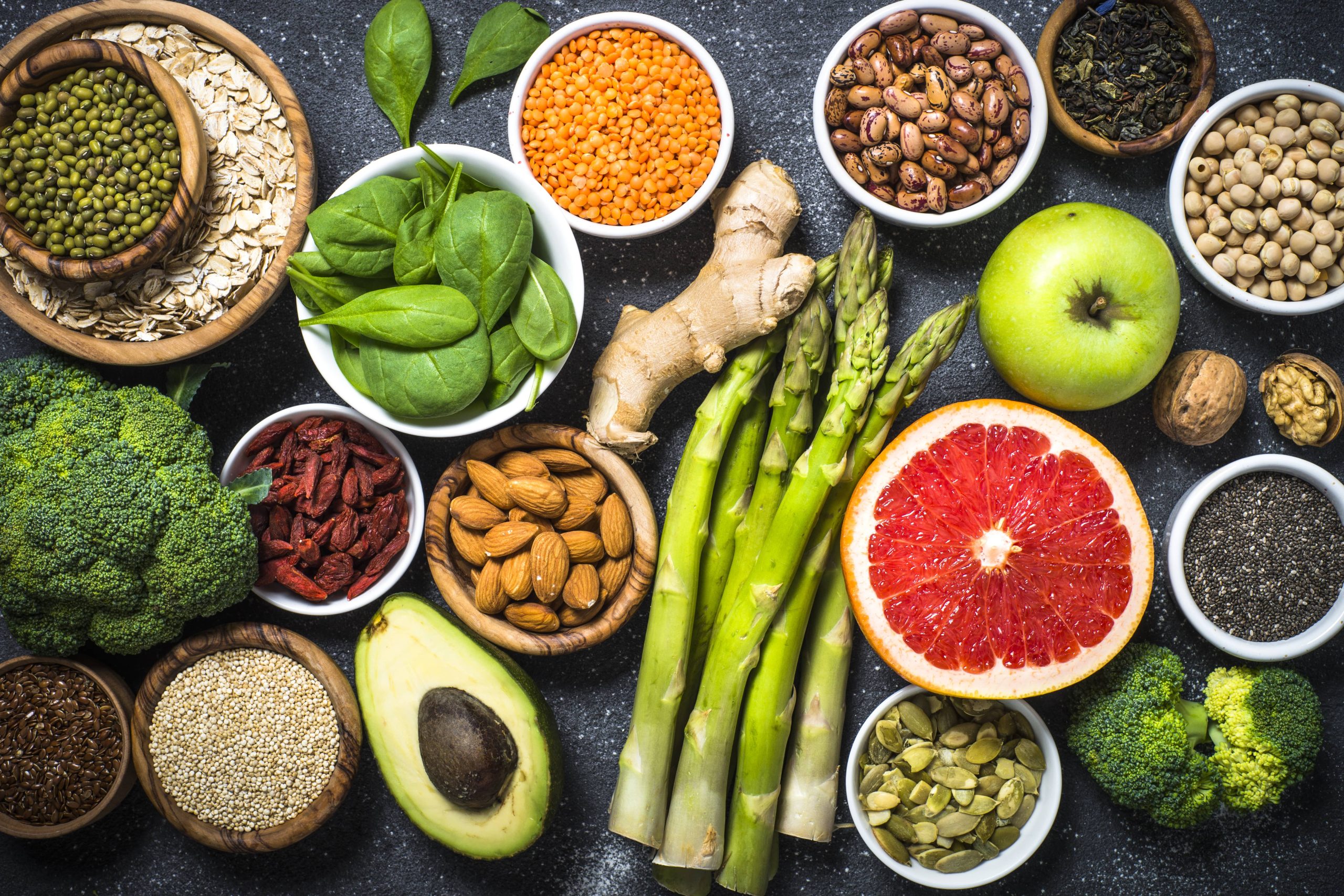
Constipation is a common digestive issue that affects millions of people worldwide. It can be uncomfortable, frustrating, and even painful. While there are many potential causes of constipation, one of the most significant factors is diet. What you eat can have a profound impact on your digestive health, and certain dietary habits may be contributing to your constipation. In this blog post, we’ll explore how your diet may be leading to constipation and what you can do to alleviate this condition.
Understanding Constipation
Before diving into the dietary factors, it’s essential to understand what constipation is. Constipation is typically defined as having fewer than three bowel movements per week. However, it can also involve having hard, dry stools that are difficult to pass, or a feeling of incomplete evacuation after a bowel movement. Constipation can be acute, lasting for a short period, or chronic, persisting for several weeks or longer.
The Role of Diet in Constipation
Diet plays a crucial role in maintaining healthy digestion. The foods you consume can either promote regular bowel movements or contribute to constipation. Here are some dietary factors that may be leading to constipation:
1. Low Fiber Intake
Fiber is essential for healthy digestion. It adds bulk to the stool, making it easier to pass through the intestines. There are two types of fiber: soluble and insoluble. Soluble fiber dissolves in water and forms a gel-like substance, while insoluble fiber adds bulk to the stool and helps it move through the digestive tract.
A diet low in fiber is one of the most common dietary causes of constipation. Many people consume a diet high in processed foods, which are often low in fiber. To increase your fiber intake, focus on eating more fruits, vegetables, whole grains, and legumes. Aim for at least 25-30 grams of fiber per day.
2. Inadequate Fluid Intake
Staying hydrated is crucial for preventing constipation. Water helps soften the stool, making it easier to pass. When you don’t drink enough fluids, your body may absorb more water from the stool, leading to hard, dry stools that are difficult to pass.
To prevent dehydration and promote regular bowel movements, aim to drink at least eight 8-ounce glasses of water per day. Keep in mind that your fluid needs may vary based on factors such as age, activity level, and climate.
3. High Intake of Processed Foods
Processed foods are often low in fiber and high in unhealthy fats, sugars, and additives. These foods can slow down digestion and contribute to constipation. Common processed foods include fast food, packaged snacks, sugary cereals, and baked goods.
To improve your digestive health, try to limit your intake of processed foods and focus on whole, unprocessed foods. Incorporate more fruits, vegetables, whole grains, and lean proteins into your diet.
4. Excessive Dairy Consumption
Dairy products, such as cheese, milk, and ice cream, can contribute to constipation in some individuals. This is particularly true for those who are lactose intolerant, as they may have difficulty digesting lactose, the sugar found in dairy products.
If you suspect that dairy is contributing to your constipation, try reducing your intake or switching to lactose-free alternatives. You can also experiment with plant-based milk options, such as almond, soy, or oat milk.
5. High Fat and Low Carbohydrate Diets
Diets that are high in fat and low in carbohydrates, such as the ketogenic diet, can lead to constipation. These diets often lack sufficient fiber and can slow down digestion. If you’re following a high-fat, low-carb diet and experiencing constipation, consider increasing your fiber intake by incorporating more non-starchy vegetables and low-carb fruits.
6. Irregular Eating Patterns
Irregular eating patterns, such as skipping meals or eating at inconsistent times, can disrupt your digestive system and contribute to constipation. Eating regular, balanced meals can help regulate your digestive system and promote regular bowel movements.
7. Lack of Probiotics
Probiotics are beneficial bacteria that support gut health and digestion. They can be found in fermented foods such as yogurt, kefir, sauerkraut, and kimchi. A lack of probiotics in your diet may contribute to constipation by disrupting the balance of gut bacteria.
To support your digestive health, consider incorporating more probiotic-rich foods into your diet or taking a probiotic supplement.
Tips for Alleviating Constipation
If you suspect that your diet is contributing to constipation, there are several steps you can take to alleviate the condition:
1. Increase Fiber Intake: Gradually increase your fiber intake by incorporating more fruits, vegetables, whole grains, and legumes into your diet.
2. Stay Hydrated: Drink plenty of water throughout the day to keep your digestive system functioning smoothly.
3. Limit Processed Foods: Reduce your intake of processed foods and focus on whole, unprocessed foods.
4. Monitor Dairy Consumption: If you suspect dairy is contributing to your constipation, try reducing your intake or switching to lactose-free alternatives.
5. Eat Regular Meals: Establish regular eating patterns by consuming balanced meals at consistent times.
6. Incorporate Probiotics: Add probiotic-rich foods to your diet or consider taking a probiotic supplement.
7. Exercise Regularly: Physical activity can help stimulate digestion and promote regular bowel movements.
8. Consult a Healthcare Professional: If constipation persists despite dietary changes, consult a healthcare professional for further evaluation and guidance.
Conclusion
Constipation can be a frustrating and uncomfortable condition, but dietary changes can often help alleviate the symptoms. By increasing your fiber intake, staying hydrated, and making mindful food choices, you can support your digestive health and promote regular bowel movements. Remember that everyone’s digestive system is different, so it may take some experimentation to find the dietary changes that work best for you. If constipation persists, don’t hesitate to seek professional medical advice.











